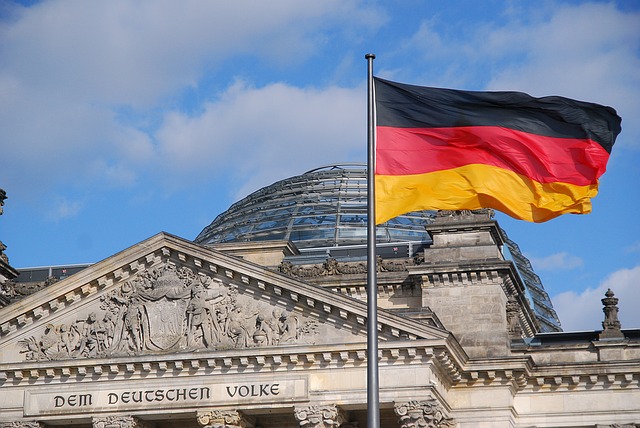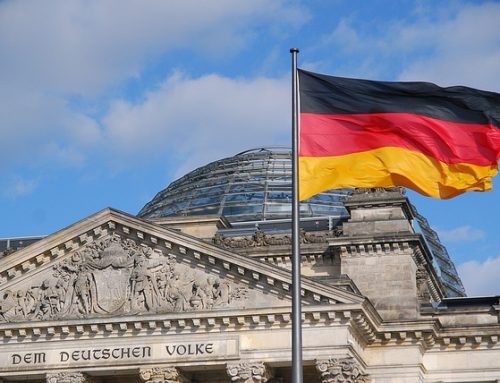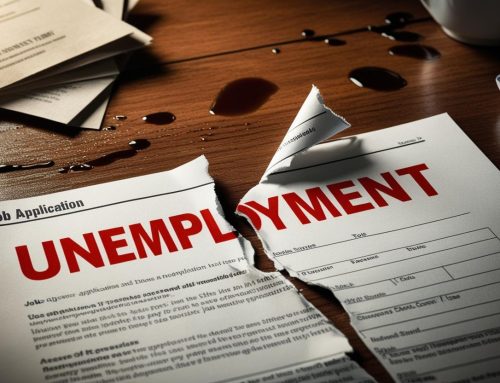August 23, 2023
German business activity suffered the steepest decline for more than three years in August, according to latest HCOB ‘flash’ PMI® survey compiled by S&P Global, as a deepening downturn in manufacturing output was accompanied by a renewed contraction in services activity. Businesses remained pessimistic towards the outlook as rising interest rates, customer uncertainty and high inflation continued to weigh on demand for goods and services. Notably, the survey showed an increase in inflationary pressures, driven by accelerated cost and price increases in the service sector.
The headline HCOB Flash Germany Composite PMI Output Index remained on a downward path in August, dropping for the fourth month in a row. Falling from July’s 48.5 to 44.7, the index moved deeper into sub-50 contraction territory to its lowest since May 2020. Manufacturing recorded a decrease in production for the fourth month running, with the rate of decline accelerating to the quickest for more than three years (index at 39.7). It was joined in contraction by the service sector, where business activity fell for the first time eight months and to the greatest extent since November 2022 (index at 47.3).
As has been the case in each month since May, the latest survey data showed a reduction in total inflows of new business across the private sector in August. The decline continued to be led by plummeting manufacturing new orders, with a combination of customer destocking and investment reticence driving the sharpest decline in demand for goods since May 2020. Service sector new business also fell at a faster rate, the quickest seen since November last year, amid reports of reluctance among clients and a squeeze on both household and corporate budgets. At the same time, both monitored sectors recorded sustained declines in new export business, although their respective rates of decline eased since July.
August saw a further broad-based reduction in backlogs of work, reflecting a lack of incoming new orders to replace completed projects. Furthermore, the rate of depletion of total outstanding business quickened for the fifth month in a row to the fastest for more than three years. Work-in-hand at manufacturers fell particularly sharply, which in turn dampened their willingness to take on new staff and resulted in another slight decrease in factory workforce numbers. At the same time, service sector job creation virtually stalled, which meant that total employment was broadly unchanged on the month.
Private sector firms in Germany remained pessimistic about the year-ahead outlook for activity in August. Expectations did however tick up slightly from July’s eight-month low amid slight improvements in confidence across both manufacturing and services. In the case of the former, sentiment remained negative, whereas services companies expressed renewed – albeit very subdued – optimism.
Turning to prices, rates of input cost and output charge inflation ticked up for the first time in 11 and seven months respectively in August, driven in part by a rise in fuel prices. Due to a sustained sharp (albeit slightly slower) fall in manufacturing purchase prices, the overall rate of input cost inflation remained below its long-run average, despite climbing to a three-month high. However, this masked a steep and accelerated increase in operating expenses faced by services firms, who not only commented on the higher cost of fuel, but also sustained wage pressures.
The overall rate of output price inflation meanwhile quickened to the fastest since May, and in doing so, it moved further above its long-run run average. Again, there were diverging trends at the sector level, as a third straight monthly drop in factory gate charges contrasted with a sharp and accelerated rise in average service sector output prices – the quickest for five months.
The HCOB Flash Germany Manufacturing PMI – which is a gauge of overall manufacturing business conditions based on measures of new orders, output, employment, supplier delivery times and stocks of purchases – registered 39.1 in August, up slightly from July’s 38.8. The rise in the index was driven primarily by its supplier delivery times and stocks of purchases components.
Source: S&P Global – HCOB Flash Germany PMI®
Legal Notice: The information in this article is intended for information purposes only. It is not intended for professional information purposes specific to a person or an institution. Every institution has different requirements because of its own circumstances even though they bear a resemblance to each other. Consequently, it is your interest to consult on an expert before taking a decision based on information stated in this article and putting into practice. Neither Karen Audit nor related person or institutions are not responsible for any damages or losses that might occur in consequence of the use of the information in this article by private or formal, real or legal person and institutions.






